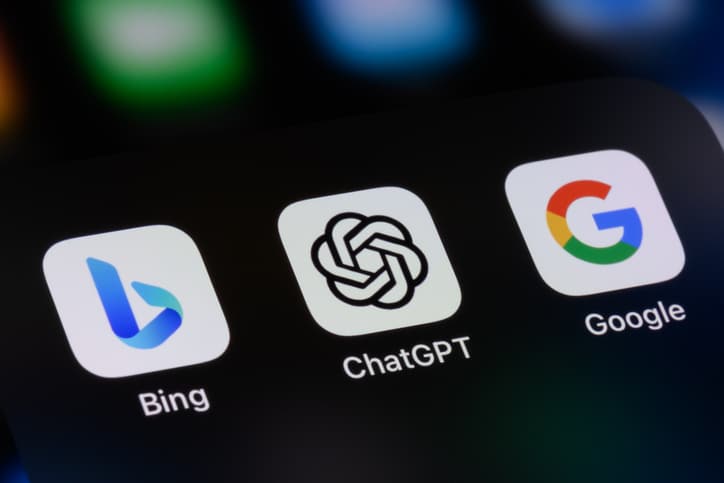In December, Suchir Balaji, a former OpenAI researcher who blew the whistle on alleged copyright violations by the company, was found dead in his apartment. His death was ruled a suicide, but family members and others have raised the possibility of foul play.
His death and the subsequent attention to it has further increased scrutiny around the lack of strong whistleblower protections for AI employees.
Given the risks associated with the advancement of AI, advocates and lawmakers suggest that there is an urgent need to ensure that employees understand that they can raise concerns or address concerns to federal regulatory or law enforcement authorities to ensure that the technology is developed and deployed safely.
In September, the Senate Committee on the Judiciary’s Subcommittee on Privacy, Technology, and the Law held a hearing titled “Oversight of AI: Insiders’ Perspective.” During the hearing, a number of Senators voiced the need for official whistleblower protections in the AI industry.
Advocates and members of Congress have also raised concerns about the use of restrictive nondisclosure agreements in the AI industry. Whistleblowers from OpenAI filed a whistleblower disclosure with the U.S. Securities and Exchange Commission (SEC) alleging that the company violates SEC Rule 21F-17(a).
“Given the risks associated with the advancement of AI, there is an urgent need to ensure that employees working on this technology understand that they can raise complaints or address concerns to federal regulatory or law enforcement authorities,” attorney Stephen M. Kohn, who represents the anonymous whistleblower(s), wrote in the letter to SEC Chairman Gary Gensler.
“Likewise, it is critical for companies like OpenAI to understand the illegal nature of their NDAs, and to ensure that their workplace cultures encourage employees to raise concerns, even if those concerns are raised directly to federal authorities, and even if those concerns may impact the profitability of the companies.”
After news broke about the whistleblowers’ complaint, five senators sent a letter to CEO Sam Altman demanding that OpenAI turn over information about its efforts to build safe and secure artificial intelligence. Specifically, the senators requested information regarding what the company is doing to meet its public commitments on safety, how it is internally evaluating their progress on said commitments and details on the identification and mitigation of cybersecurity threats.
